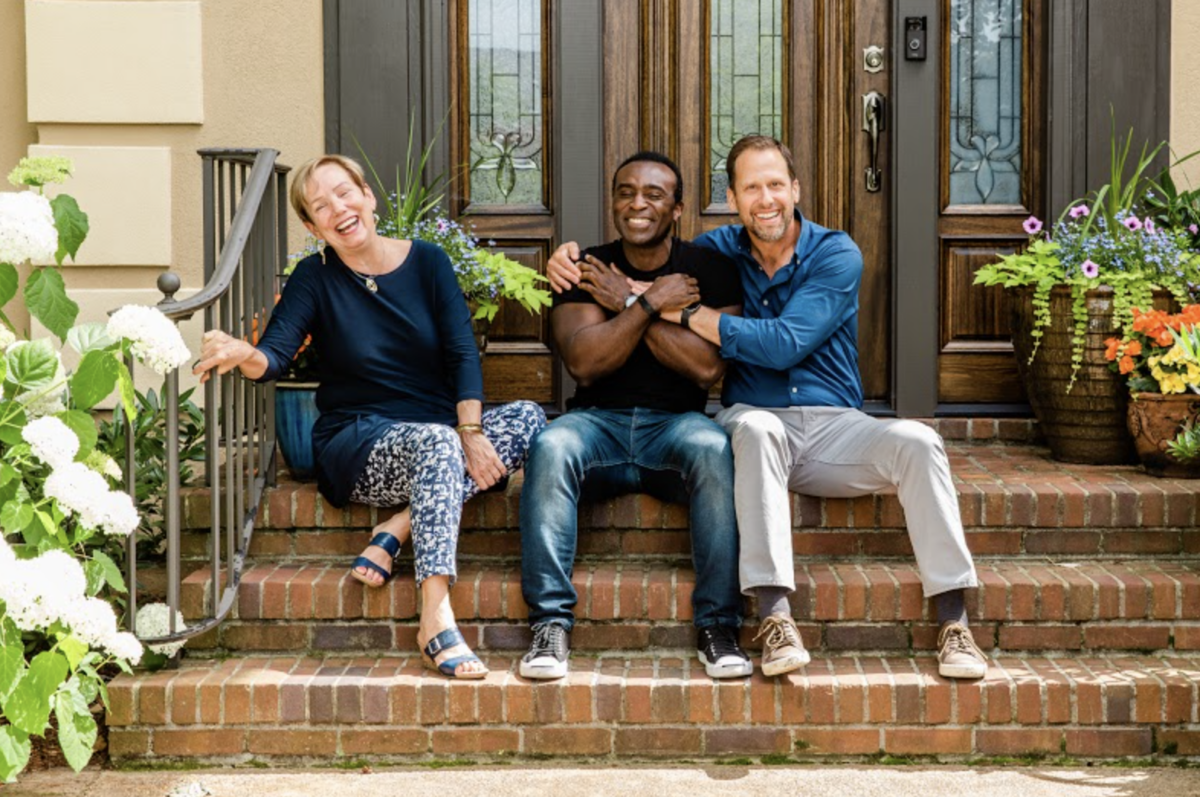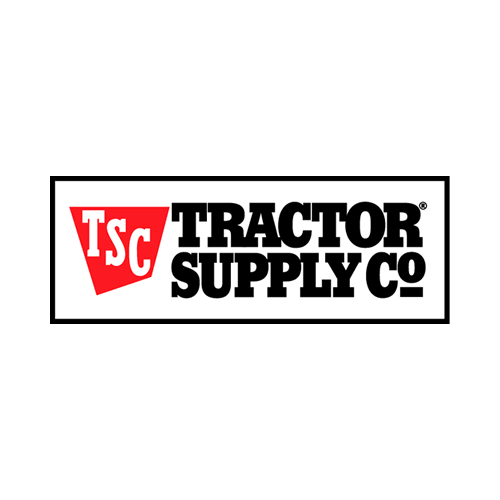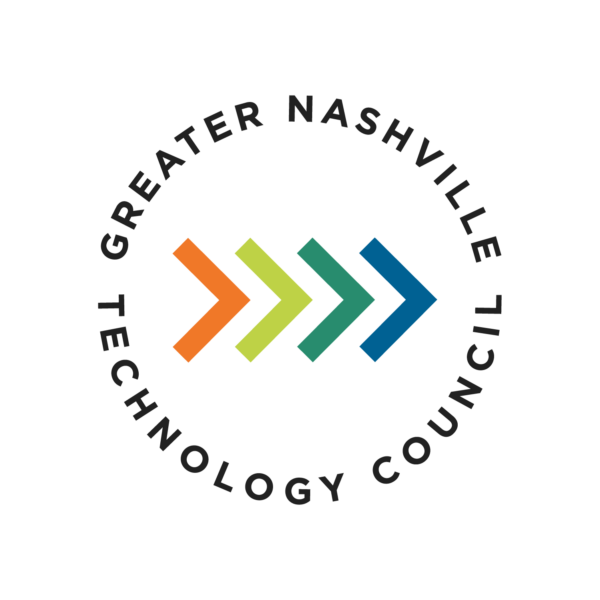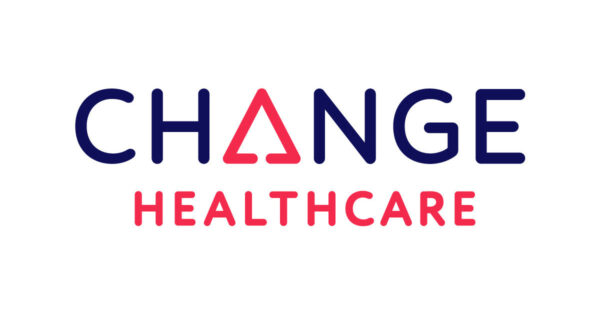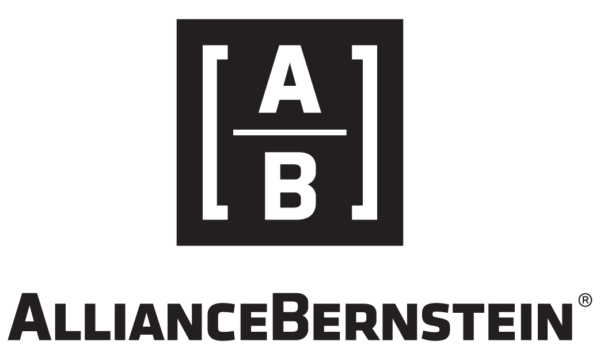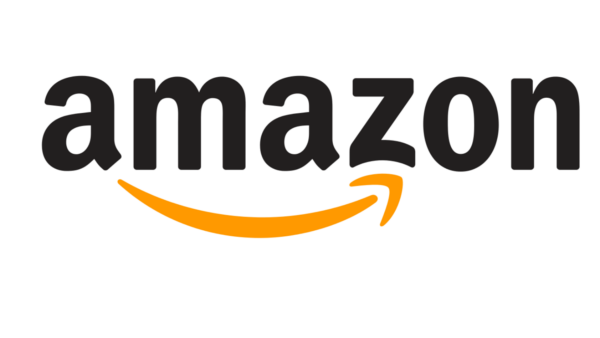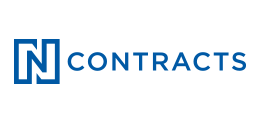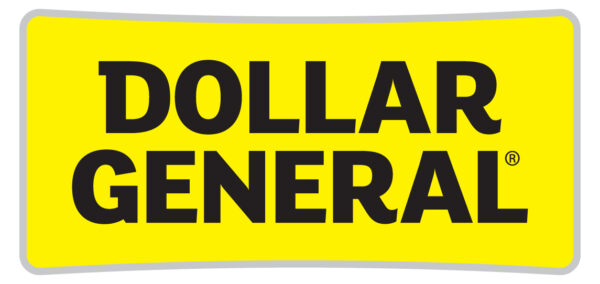Can technology make us kinder to one another? And if so, how would that work?
Givful is a software that makes being charitable easier by automating and simplifying the ways people donate money and volunteer for good causes. According to the company’s website, Givful “enables employers to engage their workforce, raise money and awareness for non-profits, and make individual giving simple and fun.” It’s a linking point for employees to donate to preferred organizations. In addition, it enables employers to maximize their value in corporate social responsibility (CSR) dollars and manage generosity in the workplace.
Founded by the trio of Patricia Shea (President and CEO), Walker Morrow (COO), and Sada Garba (CTO), Givful’s objective was to house an individual’s payment info and select non-profits within a web application. Over time, communication between the individuals donating and the non-profit could grow into a relationship in which the donor felt personally invested in the cause.
“The whole idea of Givful was based around a personal experience,” Walker says. “And really just based around the friction I was personally experiencing when I would want to give back—whether I would give my time or my money—to the various non-profits.” To his surprise, Walker’s frustrations with not being able to give money or time easily were a common occurrence among his friends. At a historical moment when people could order a ride or pay an invoice from their phone, Walker expected that there was a means to send money without having to fill out a contact form or jump through other hoops. He was wrong.
Other entities have since made their own donation software, but Walker says that when he first had the idea in 2015, this concept only existed on paper. Stumbling onto such a prospect was exhilarating, but he knew he would need a team to realize it. So, Walker contacted Sada, a software developer for both payment application and video games.
Sada was intrigued by Walker’s pitch, and not just because it was a great idea. Upon hearing the proposal, Sada recalls, “It dawned on me that all of the specific technical elements he needed, I had actually built in some way, shape, or fashion in the past.
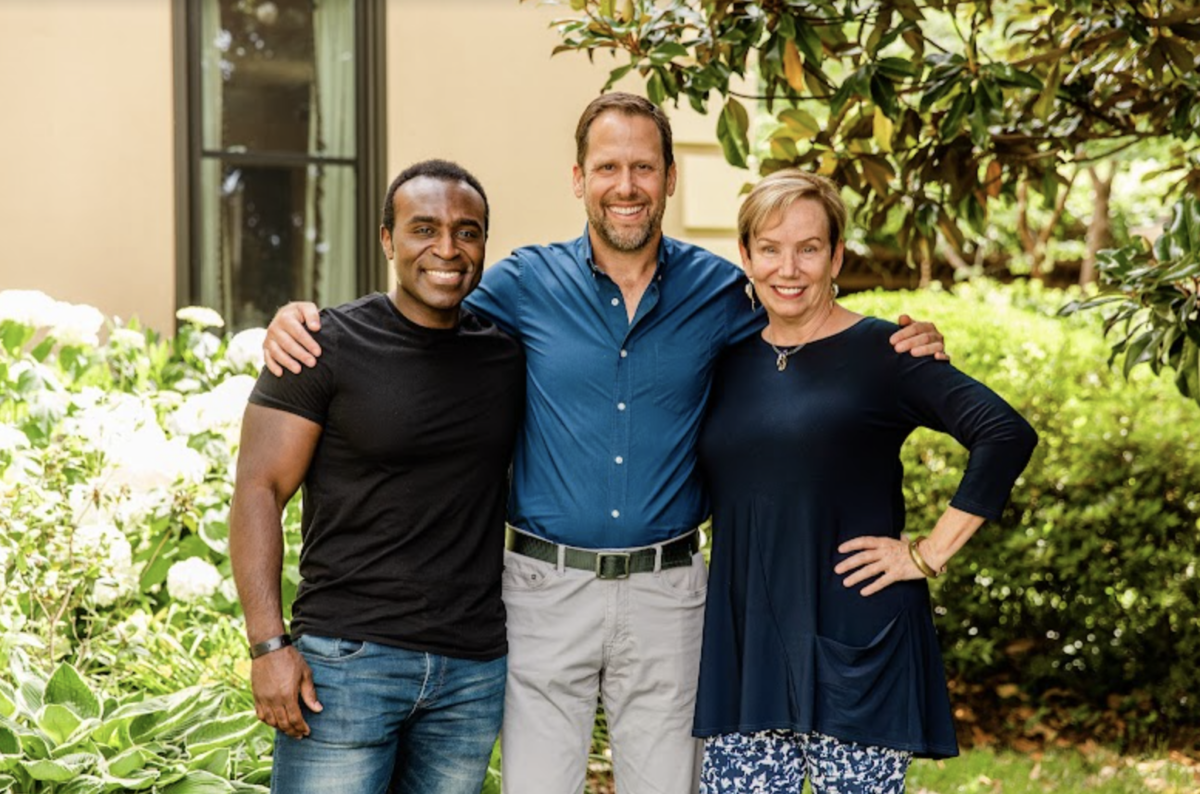
It seemed like a unique challenge to bring it all together in one platform, in one solution. So I thought, ‘Yeah, I know how to do this.’”
Per Sada, there’s a “big gulf” between the concept of making technology for profit and making technology to help the world. Sada admits that he became familiar with nonprofits through the work his sister had done in that sector, and that tech workers often aren’t aware of opportunities to help their community.
“I know personally a lot of tech programmers in the city who would jump at the chance to do this,” Sada says, referring to the initial offer he got from Walker to help build Givful. Sada built a minimum viable product (MVP) to prove the concept, which he says “got an incredible response.”
“And using the feedback, we added features, and actually we kept up the thoughts of going through to launching the product. We were just letting the client learn more about the business, how to use it, all our stakeholders, the donors, the company, and the non-profit. And we took their feedback off the book and wrote the new features for the platform,” Sada explains.
Sada says that it was fun gradually moving Givful’s architecture to a serverless platform, building the bulk of it on AWS as the term “serverless” was on everyone’s lips. “I was really excited about figuring out how to orchestrate all of these pieces, isolate the functionality, and use true message parsing and message brokering so that you don’t have one point of failure.”
At the company’s peak, Sada oversaw five developers. He always encouraged them to try new things, including new tech stacks they wanted to play with to explore new ideas. He explains, “My approach to the guys was, ‘Hey, I’ll never reprimand you for trying something new. Even if it fails.’”
This mentality comes from Sada’s own experience as a young developer, as he responded better to supervisors who were more forgiving of exploration or welcoming of new ideas. To create the sense of ownership and freedom he wanted his employees to have, Sada delegated the individual microservices of Givful’s platform to each team member, and let them know he would be available to help when they needed it.
In 2017, with a couple of clients who wanted to get their CSR dollars to the right non-profits, Walker and Sada quit their jobs and pursued Givful full time. Later, Walker and Sada met Patricia. Walker describes adding her skills as “a match made in Heaven.”
Patricia didn’t join Givful until 2019. It had matured as a business by then. Still, it wasn’t where Sada or Walker had hoped it would be. From their first meeting to discuss Givful, Patricia says that she was smitten with the concept. Joining as a co-founder, Patricia brought an eclectic work history that included 17 years of for-profit business experience and 17 years of non-profit experience. Most of her non-profit experience was dedicated to the YWCA Nashville & Middle Tennessee, for which she raised about $50M.
“I know firsthand how hard it is to raise money. I probably spent half of my 12-hour day raising money,” Patricia shares. “What I liked about Walker and Sada’s vision is it let the donor be directly connected to the non-profit. And it allowed the transaction of money to be fast, cheap, and convenient… And so, that was like a fantasy to me, coming out of non-profit leadership. I could actually have a platform in someone’s workplace that they didn’t have to go through a foundation. They didn’t have to go through other criteria. They could give directly to any charity they wanted.”
Patricia says that there’s a lot of emphasis placed on the employees of companies using Givful. Sada elaborates, “The whole theory of communication is user feedback and measurement with peers. So it’s a way to accumulate a certain set of values, and compare that to your peers.” This information is given to users through an activity feed just like social media. And following in the footsteps of giants like Instagram or Facebook, the activity is gamified as an emotionally rewarding experience when others comment or engage.
Users are emotionally rewarded not just by their peers, but by the peace of mind of knowing just where their donations are going. A monthly content service from the nonprofits called the “satisfaction loop” updates the users on just how their money gets spent. Sada says that this is one of the most popular features of Givful, because many donors aren’t certain of what happens to a donation after the money gets sent. As users get an emotional reward based on what they’re doing, it can be said that Givful creates a positive environment that rewards ongoing donations.
Patricia speaks to the repeated generosity inspired by Givful, saying, “Yes, I think behavior becomes repetitive, and the feeling that you get when you see your peers giving you a high five and recognizing your charitable acts makes you become more charitable. …A lot of philanthropy is the feeling of connectedness. And what our platform did was really connect the work environment, the individual, and the nonprofit.”
Shortly after Pat’s joining, Givful achieved the success that Walker and Sada wanted. The company’s accomplishments attracted the right attention, getting both “Technology Start-Up Company of the Year Award” for the 2020 NTC Awards and “Tech Darling to Watch” by the Nashville Business Journal. The recognition only furthered Givful’s growth, which gained them 30,000 employees using the platform, donations of over $2M, and an acquisition by isolved in April 2021.
To Walker, the staying power of Givful is based in the feeling of doing good together. During 2020, as COVID-19 gripped the country and many people were working remotely, Givful had a surge of companies buying their software as it enhances a sense of connectedness.
Walker explains, “We’re doing something that’s good. We’re not selling a service, you know, where we’re forcing companies to buy something that maybe they don’t want, maybe they don’t need. We’re helping more social good to be done. And us having a really big impact has been quite an amazing accomplishment.”
Patricia has since exited Givful to start work on two other startup projects, while Walker and Sada stayed on with isolved to help run Givful.
Bonding from the great memories they had working together, Sada still stays in touch with his old Givful team members. He states that many of those bonds form the connections between Nashville’s tech workforce, which he explains is filled with old co-workers who will help one another at the drop of a hat. Sada says, “One thing I like about Nashville is that it’s growing rapidly, but it’s still small where all the developers still know each other, and they lean on each other. We network pretty frequently. I have guys that I lean on when I run into issues. That’s one thing that the Nashville tech ecosystem really fosters.”
For further information about Givful, be sure to visit their website and social media.
